It is no coincidence that rubber gloves are usually used to protect the hands during cleaning. Many preparations contain chemical substances that are not harmful to health, such as chlorine, phthalates, formaldehydes, phosphates or ammonia. Although there are sometimes warnings on the labels indicating that you are dealing with corrosive or irritating ingredients, they are not always clearly visible. Manufacturers are interested in increasing sales of their products, and it is not in their interest to scare people with dangerous substances.
No relevant information
The data from the "Global Chemical Outlook 2013" report of the United Nations Environment Programme gives food for thought. In the USA, about 3,000 of the most popular preparations were tested and it was found that 43% of them did not contain information about the harmfulness of the chemicals used.
The same applies to chemicals sold on the Old Continent. The authors of a report by the European Chemicals Bureau examined 2,500 of the most commonly used chemicals in the high production volume category (i.e., those whose production exceeds 1,000 tons per year). They found that only 350 of them contained meaningful safety information and 65% contained only superficial safety information. 21% of the inspected products contained no such information.
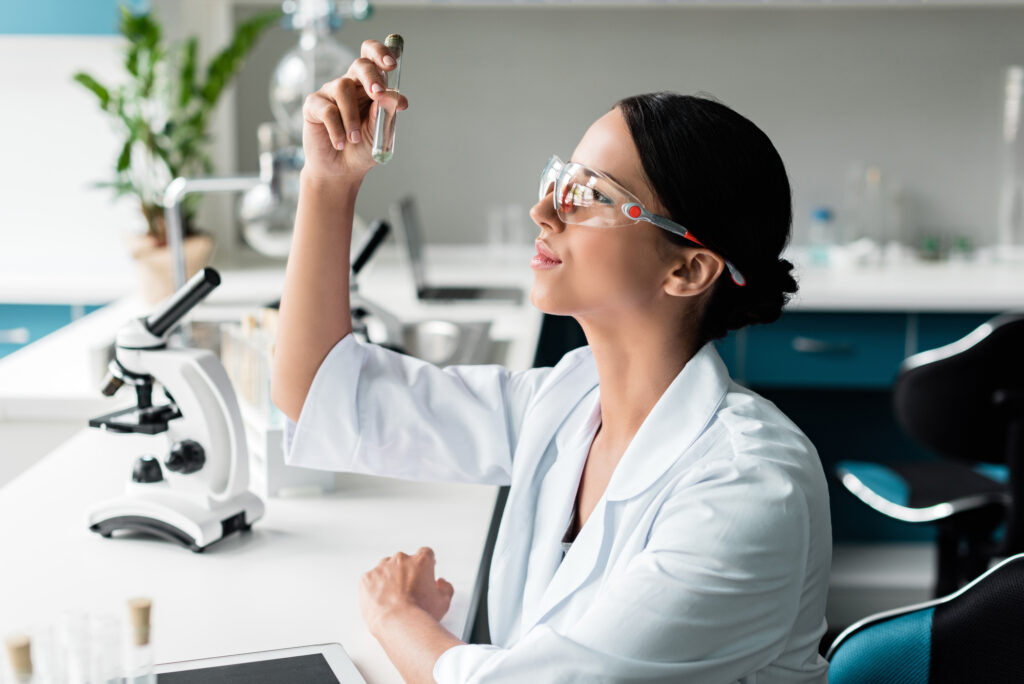
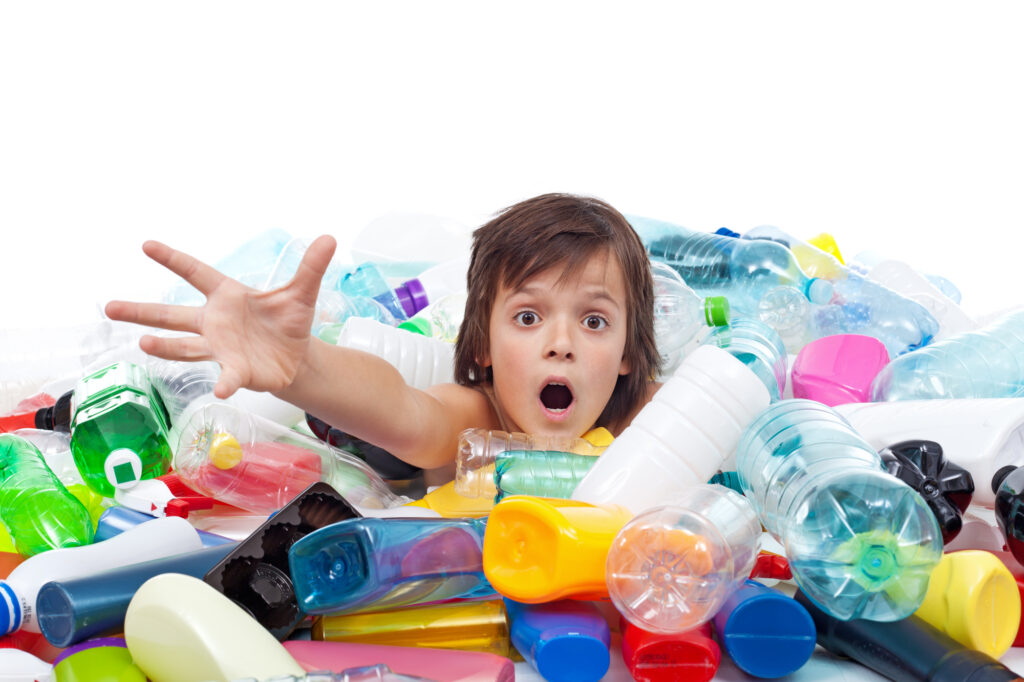
Life in the midst of chemicals
You must be aware that you come into contact with chemicals on a daily basis on many occasions other than cleaning. You come into contact with them when you use conventional cosmetics. Harmful substances are contained in a variety of shampoos, lotions, gels, hair dyes, nail polishes or sunscreens. Deodorants and antiperspirants containing aluminum are particularly dangerous. This element is used to block the activity of sweat glands. Studies suggest that such preparations may be linked to the development of breast cancer and Alzheimer's disease. Chemicals are also in food. In addition, our environment is not free of pollution either. All this means that by using conventional cleaning products you add another piece to this dangerous "puzzle" and increase the risk of getting dangerous diseases.
Risky interactions
Elements that one comes into contact with on various occasions enter the body and are then deposited in fatty tissue, the liver, muscles or bones. Scientists have counted more than 150 substances that accumulate in the human body in this way. When you use household chemicals, you run the risk of coming into contact with other substances. This is because you do not know how the ingredients of the preparation you use will react with the chemicals that have already been deposited in your body.
In addition, cleaning usually involves the use of a number of different products. This leads to their components interacting with each other. When chemicals mix, hazardous substances or toxic gases can be produced.
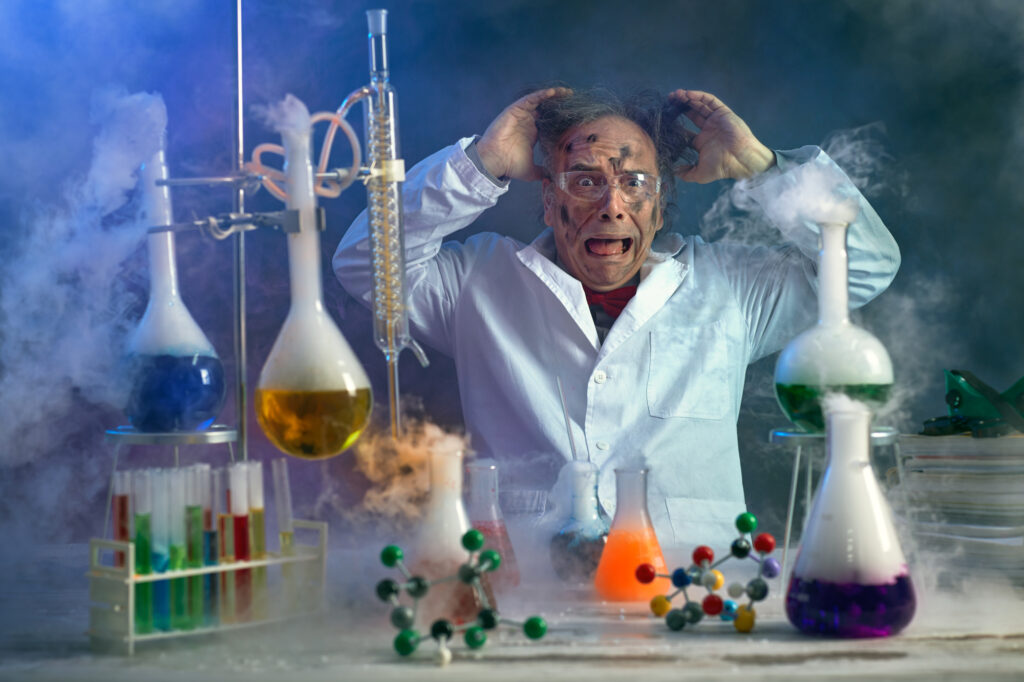

Are household chemicals tested?
However, it seems that the problem is much broader than just the fact that manufacturers do not provide information on ingredients. The Global Chemical Outlook report states that of the thousands of such products on the market, only a minority have been tested for their effects on human health and the environment.
If the compound is one that has already been tested, the scope of the test may leave much to be desired. For example, data on the interaction of a large number of chemicals are often missing, as combinations of three substances at most are tested.
In research, time is an important factor, because only through many years of observation can doubts about the effect of a particular agent on the human body be dispelled. The problem is that prolonging the tests would mean a delay in bringing the preparations to market, which means enormous financial losses for the manufacturers.
What do the scientists think?
Even though the manufacturers of household chemicals are unlikely to be enthusiastic about conducting overly detailed studies, the issue is increasingly being taken up by independent scientific centers. It is thanks to them that there are now a number of signals warning of the harmful effects of classic cleaning agents.
Worth mentioning here, for example, is the report by Norwegian researchers from the University of Bergen, which appeared in the "American Journal of Respiratory and Critical Care Medicine". They were among the first to present the results of a long-term study covering a period of 20 years!
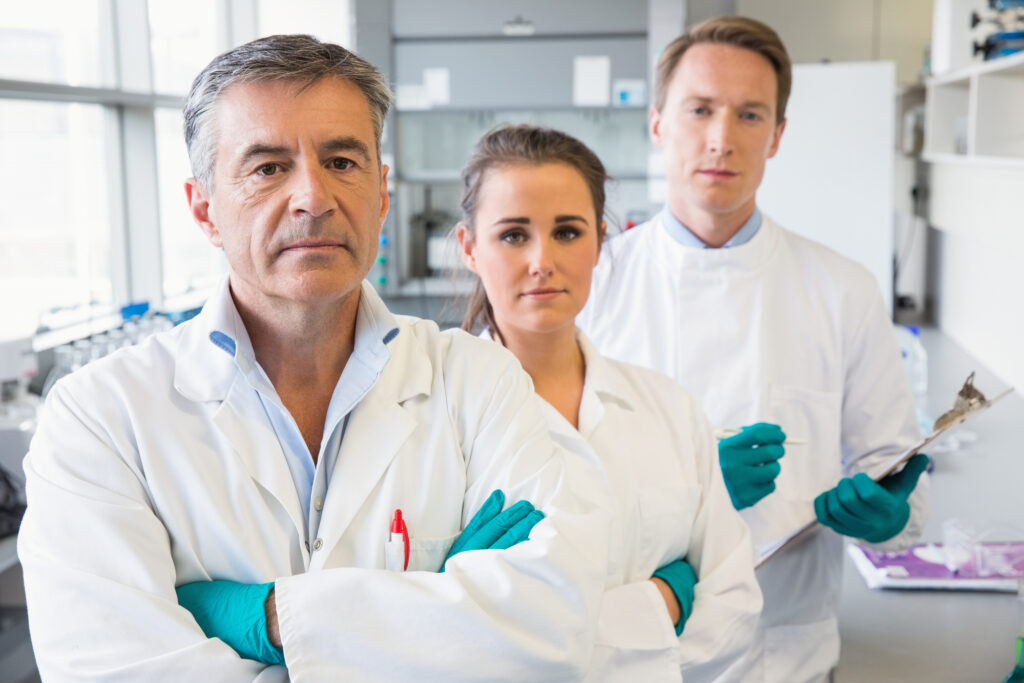
The researchers studied the health of more than 6,000 people who worked in cleaning during this period. Regular use of common cleaning products exposed them to inhalation of chemicals that caused micro-damage to their lungs. The damage to their lungs was comparable to that of people smoking 20 cigarettes a day!
In the USA, the problem of the effects of household chemicals on health was taken up by Professor Anne Steinemann and others. Her research found that more than one in three people reported health problems after contact with popular cleaning products containing fragrances. These ranged from migraines to asthmatic complaints.
Swiss scientists are also involved in similar studies. In one test, 105 common detergents were tested. The experts found that 75% of these products contained irritating substances, harmful substances were detected in 64% of the preparations, and corrosive substances in 28%. According to the scientists, prolonged contact with such products can contribute to the development of allergies and asthma, and have a harmful effect on the respiratory tract and skin.
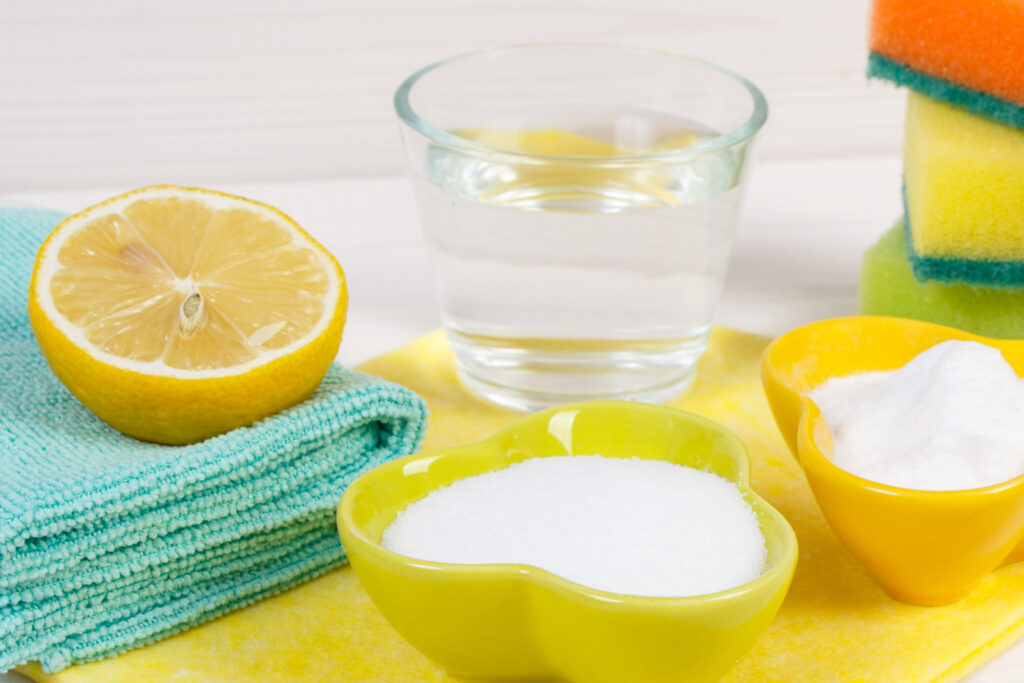
Green cleaning agents as a safe alternative
A clean home or office is something that everyone wants to have. For cleaning, you can use a wide range of products. Many of them are able to effectively remove dirt, but only a few do it in a health-neutral way. Since the composition of classic products is not always trustworthy, it is worthwhile to resort to so-called green cleaning products, as they enable cleaning that is close to nature and therefore safe for people and the environment.
Where can they be found? Some prepare them themselves, using ingredients such as vinegar, baking soda or citric acid. However, this requires time and practice. It should also be noted that vinegar-based preparations are not very pleasant smell.
Easier and more convenient is to buy green cleaning products from a trusted manufacturer. The advantage of this type of preparations is that the brands that offer them must prove the environmental friendliness of the product, so they always specify the composition. By definition, such products are based on substances that are safe for health, biodegradable and environmentally friendly. They are therefore gentle on the skin and safe for allergy sufferers, and should not cause discomfort such as watery eyes or shortness of breath.
Choose a company that cares about cleanliness and your health
Cleaning is a task that is more important than you might think. Therefore, it is a good idea to put this task in the hands of professionals. After all, tidiness in the immediate environment is not only a matter of aesthetics, but also a factor on which health depends. Here it is not only the final result in the form of a well-groomed interior that counts. It is also important by what means this was achieved.
If you live or run a business in the canton of Bern, you can benefit from the support of Sophie's Reinigungen, a cleaning company whose employees pay attention to even the smallest details. That is why we use cleaning products that are not only effective but also neutral to health. Setzen Sie sich mit uns in Verbindung, um herauszufinden, wie wir Ihnen helfen können!

